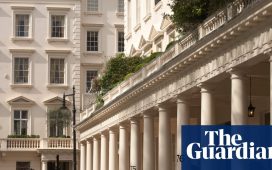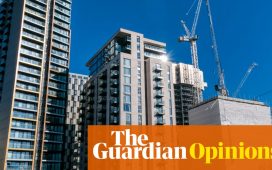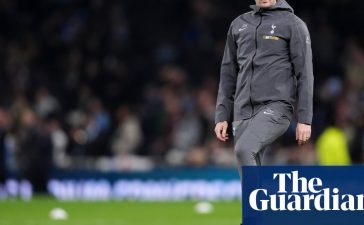Unlock the Editor’s Digest for free
Roula Khalaf, Editor of the FT, selects her favourite stories in this weekly newsletter.
Advisers to international bondholders in Evergrande, the Chinese property developer that defaulted on its debts in 2021, have warned about a potential liquidation after its restructuring plan was unexpectedly derailed last month.
Investors were on the brink of a critical vote on the plan in late September when the developer revealed in a Hong Kong stock exchange filing that it could not proceed, citing domestic regulators and an unspecified investigation into the company.
The bondholder group, which is represented by investment bank Moelis and law firm Kirkland & Ellis, criticised what they called Evergrande’s “botched efforts to obtain PRC regulatory approval”, which they said had left investors “in the dark”.
The group, which has demanded more clarity from Evergrande about the regulatory process, said the current “base case” was that the company would be liquidated at a winding up hearing in Hong Kong at the end of the month, and that “this will likely lead to the uncontrolled collapse of the Group”.
It added that a failure to implement the restructuring would have a “catastrophic effect on the fate of other similarly situated Chinese companies” and the “future ability for Chinese entities to raise capital from the international capital market”. Evergrande did not immediately respond to a request for comment.
Since late 2021, Evergrande and many of its peers have succumbed to a sector-wide cash crunch that has weighed heavily on China’s economy, where real estate typically drives more than a quarter of activity.
The developer, which had more than $300bn in liabilities at the time of its default, in July disclosed losses of $81bn over 2021 and 2022.
This summer, missed payments by Country Garden, China’s largest private developer, have damped hopes of an end to the crisis and added to pressure on Beijing to increase support for the sector.
The restructuring of major developers, especially Evergrande, has been closely watched for signs of progress. Sunac, formerly one of China’s biggest developers, received approval from a Hong Kong court last week to proceed with its own plan.
Evergrande cited the China Securities Regulatory Commission and the National Development and Reform Commission in a regulatory filing last month that said it could not issue new notes, which prevented its plan from proceeding.
The advisers said Evergrande informed it on September 12 that the CSRC had rejected an application to issue new notes.
“If the Group’s representation about the preliminary regulatory issues with CSRC and NDRC is accurate and reflects the final position of Chinese regulators, that would be the end of the road for restructuring of Chinese companies,” the bondholder advisers said in their statement.
International bondholders have previously warned of potential legal action last year, before the restructuring plan was outlined in April.
Hui Ka Yan, Evergrande’s founder and formerly Asia’s richest man, has been placed under “mandatory measures” due to suspicion of “crimes”, the group said in a filing in late September.











